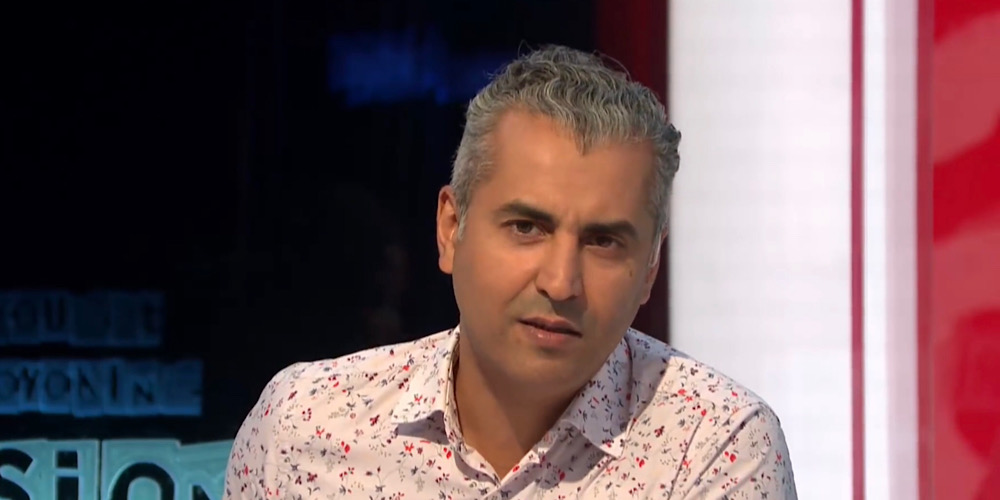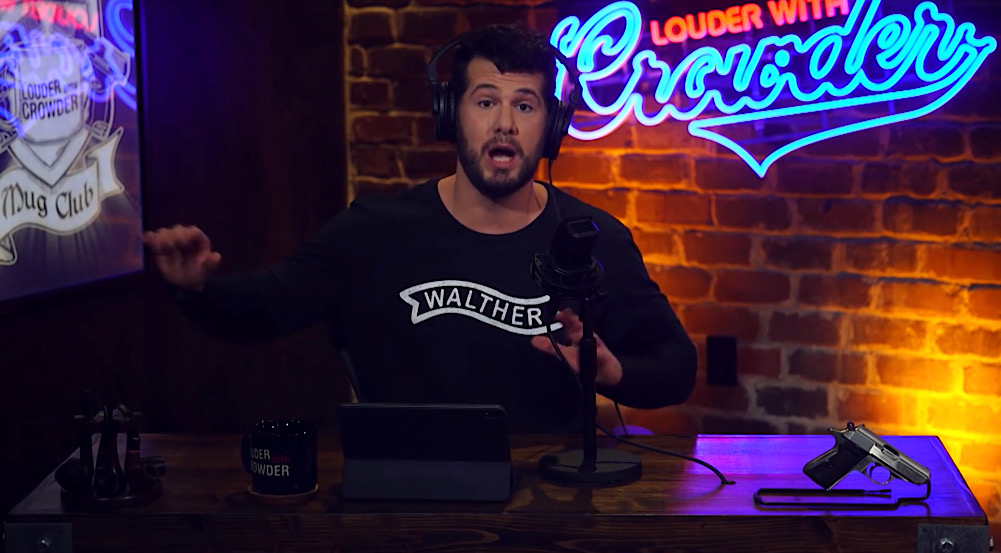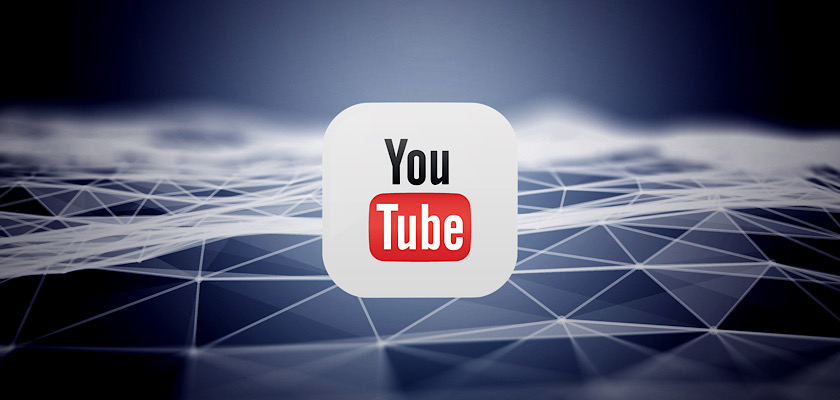During its congressional testimony on Wednesday, the Southern Poverty Law Center (SPLC) said that YouTube’s controversial “hate speech” rules were introduced in response to its Change The Terms campaign.
The SPLC’s Chief Workplace Transformation Officer Lecia Brooks told Congress: “In response to Change the Terms’ advocacy, several Silicon Valley leaders have made promising changes that align with the coalition’s vision for a safer online world.”
The Change The Terms campaign is an SPLC-led coalition that pressures tech companies to ban users from engaging in what the coalition deems to be “hateful activities” on and off-platform. However, the SPLC’s definition of what constitutes “hate” has been called into question several times in recent years.
Last year, employees said its “hate groups” list is a fundraising scam and in 2018 the SPLC apologized and paid over $3 million to settle a defamation lawsuit with activist and radio presenter Maajid Nawaz after the group falsely labeled him an “anti-Muslim extremist.”

Brooks cited several examples of big tech changes that had been made in response to Change The terms, including YouTube’s June 2019 introduction of its new hate speech rules.
These hate speech rules resulted in a mass purge on YouTube with numerous channels having their videos demonetized or removed. History channels, independent journalists, and many other innocuous types of content were caught up in this purge and are still being affected to this day.
At the time, it appeared YouTube had introduced the rules after former Vox host Carlos Maza complained about some of comedian Steven Crowder’s jokes. His complaints were then amplified by several legacy media outlets and YouTube responded shortly after with the introduction of its new hate speech rules.

However, when the rules were introduced, YouTube did allude to the involvement of third-parties – a possible reference to the SPLC’s Change The Terms campaign:
“We’ve been taking a close look at our approach towards hateful content in consultation with dozens of experts in subjects like violent extremism, supremacism, civil rights, and free speech. Based on those learnings, we are making several updates.”
Another big tech change that Brooks said was made in response to Change The Terms during her testimony was internet infrastructure company Cloudflare’s May 2019 decision to terminate service to online imageboard 8chan.
At the time, Cloudflare appeared to have made the decision internally and suddenly. Cloudflare CEO Matthew Prince initially said the company would continue providing service to 8chan and then reversed course hours later and terminated its service. Prince cited the El Paso shooter’s alleged actions on 8chan as the reason for terminating its service.
Brooks also cited Facebook’s November 2019 removal of more than 11 million pieces of content for hate speech as being yet another example of a change that was made in response to the Change The Terms campaign.
Facebook’s hate speech rules have become increasingly broad with the latest update saying that denying someone’s “gender identity” exists is now considered hate speech. Facebook has also previously confirmed that it works with the SPLC to shape its hate speech policies.
As part of her testimony, Brooks also discussed the SPLC’s private meetings with big tech leaders. “SPLC officials held dozens of meetings with top Silicon Valley executives,” Brooks said.
The testimony gives an insight into just how influential the SPLC is when shaping the big tech hate speech policies which are often overly broad and lead to the deplatforming and suppression of many innocent creators.










